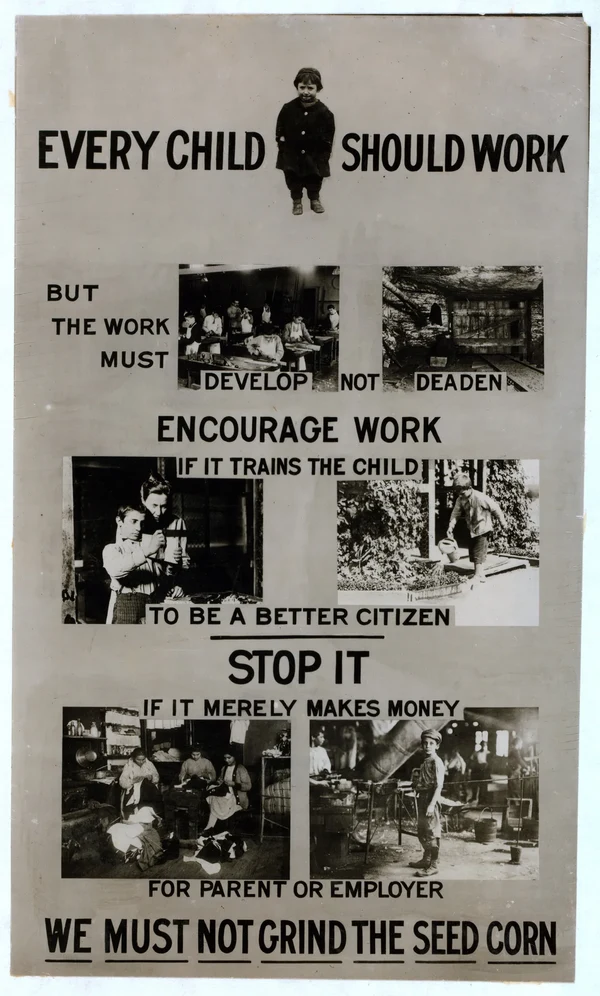Read what I put in bold, and weep with joy now that Twitter harassment is now easier than ever against shithead politicians. @Landlord_Messiah
@The_Homocracy because I know y'all have twitter.
How did SCOTUS rule? The Court issued one ruling for both cases. Justice Amy Coney Barrett wrote for a unanimous court in Lindke v. Freed, and sent it and O'Connor-Ratcliff v. Garnier back to lower courts for judges to revisit in light of SCOTUS' new guidance.
The Court issued a two-part test for evaluating the public or private status of a public official's social media account. Barrett wrote: “When a government official posts about job-related topics on social media, it can be difficult to tell whether the speech is official or private. We hold that such speech is attributable to the State only if the official (1) possessed actual authority to speak on the State's behalf, and (2) purported to exercise that authority when he spoke on social media.” In circumstances that satisfy both conditions, a government official could be sued for blocking or deleting comments on a social media account.
Barrett used a hypothetical involving a school board president to illustrate the distinction between private and public forums. Barrett wrote: “A school board president announces at a school board meeting that the board has lifted pandemic-era restrictions on public schools. The next evening, at a backyard barbecue with friends whose children attend public schools, he shares that the board has lifted the pandemic-era restrictions.” Barrett wrote the former constitutes state action, while the latter does not.
In the case of public officials' social media accounts, Barrett said context matters: “Had Freed's account carried a label (e.g., ‘this is the personal page of James R. Freed') or a disclaimer (e.g., ‘the views expressed are strictly my own'), he would be entitled to a heavy (though not irrebuttable) presumption that all of the posts on his page were personal.”
Additionally, Barrett said the way blocking works on different platforms can matter for judges trying to figure out if an account triggers the state-action doctrine. On some platforms, a blocked user can still see posts but cannot comment. On others, a blocked user is prevented from seeing any posts on the account. According to Barrett, “If page-wide blocking is the only option, a public official might be unable to prevent someone from commenting on his personal posts without risking liability for also preventing comments on his official posts.”









Jump in the discussion.
No email address required.
Can't wait for President Trump to block all journ*lists in 2025.
Jump in the discussion.
No email address required.
More options
Context